REconciling sCience, Innovation and Precaution through Engagement of Stakeholders (RECIPES)
Introduction
Maastricht University has recently been awarded a large H2020 project on the precautionary principle. The project will take three years, and will start in February 2019. Ellen Vos and Kristel De Smedt will lead the Project Consortium together with colleagues Michael Faure and Marjolein van Asselt, Christine Neuhold and Esther Versluis (CERiM). The Consortium is composed of 11 partners, representing all geographical regions of Europe and brings together academic expertise from three leading academic groups in the field of the precautionary principle (from Maastricht University, University of Bergen, and Humboldt-University Berlin), three major European players in Technology Assessment (Rathenau Institute and the Danish Board of Technology, the Austrian Academy of Sciences) and five leading non-profit research institutes (Dialogik, Ecologic, IASS, ARC-FUND and K&I).
Organizers
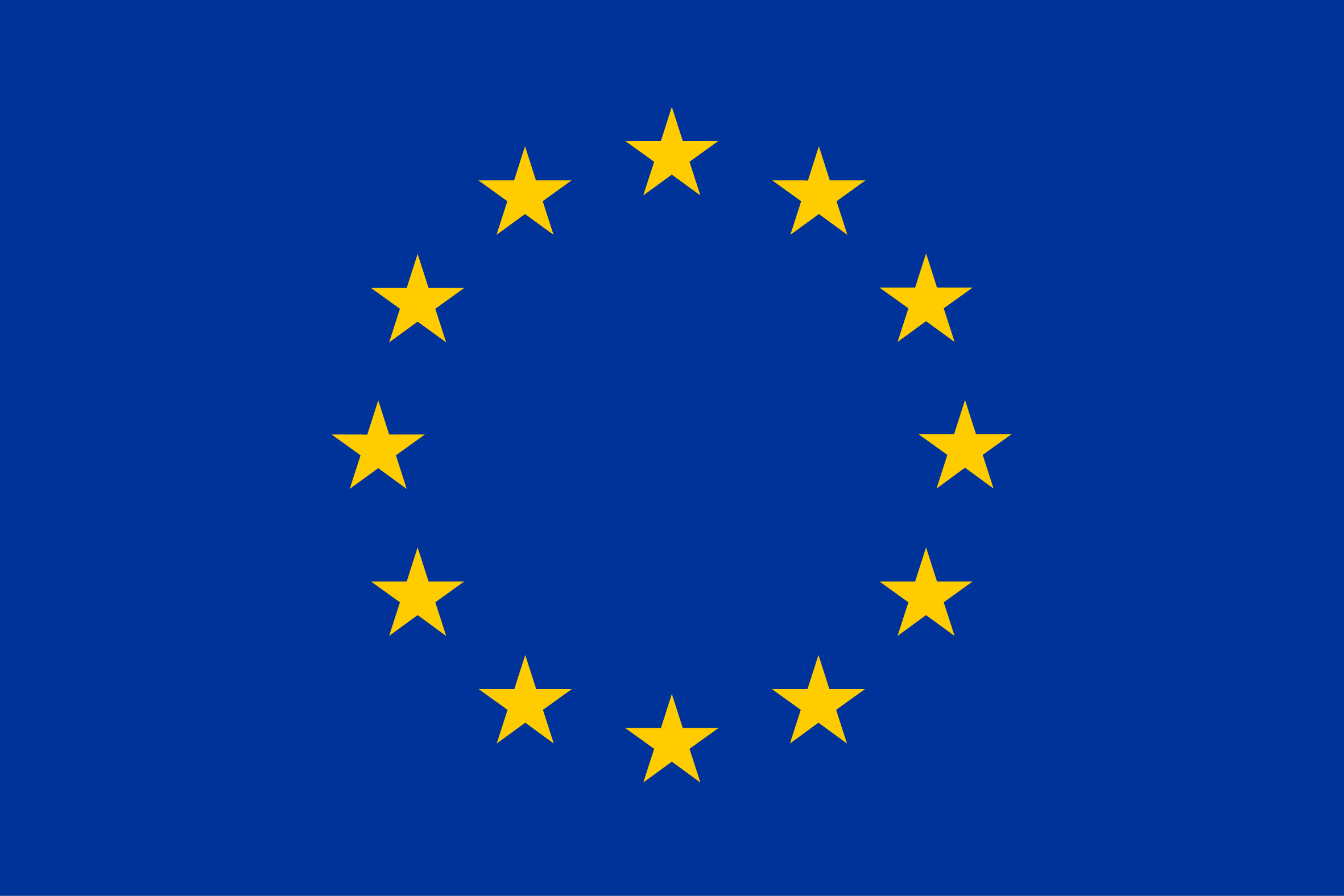
Maastricht University, Faculty of Law
Contact: Chantal Meertens
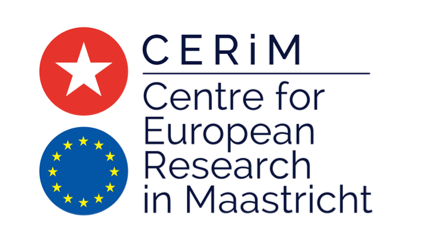
The project entitled REconciling sCience, Innovation and Precaution through the Engagement of Stakeholders (RECIPES) will address the topical question as to how to protect health and safety of persons and the environment whilst promoting innovation. RECIPES will carry out legal research on the precautionary principle and develop case studies on highly debated issues such as glyphosate, endocrine disrupters, GMOs and New Gene-Editing techniques. It will moreover develop a new toolkit for the application of the precautionary principle taking into account the innovation principle. It will involve engagement of stakeholders in all stages of the research. It will moreover develop mechanisms for public involvement in research and innovation. RECIPES will also develop scenarios for the future application of the precautionary principle and co-create new tools and approaches to the precautionary principle to help policymakers and other stakeholders to assess risks and uncertainty and allow decisions to be made on a case-by-case basis, responding to the question how to responsibly decide on precaution and innovation.
Launching Conference Programme
Maastricht University, Faculty of law, Bouillonstraat 1-3, Maastricht, The Netherlands
Day 1, Thursday 24 January 2019
| PART I | All participants, Location/room: Statenzaal |
| 09.30-10.00 |
Registration and coffee |
| 10.00-10.10 | Welcome Prof. dr. Jan Smits (MU) |
| 10.10-10.15 | Chair Prof. dr. Michael Faure (MU) |
| 10.15-10.45 |
The Precautionary Principle: Coping with uncertainty in a complex world |
| 10.45-11.30 |
The Precautionary Principle: Challenges and Need for Revision? |
| 11.30-11.45 |
Better regulation and innovation principle |
| 11.45-12.00 | Coffee break |
| 12.15-13.00 |
Presentation of the RECIPES Project |
| 13.00-14.30 | Lunch for advisory board, speakers and consortium members at Basilica |
| PART II | Only for Consortium Members and Advisory Board, Location/room: B0.118 |
| 14.30-15.30 |
Detailed discussion of Work Package 1: Taking Stock of the Precautionary principle since 2000
|
| 15.30-16.30 |
Detailed discussion of Work Package 2: Multiple Case-study Analysis
|
| 16.35-18.00 | Intermezzo: Public Lecture by Michael Ignatieff, president CEU in room Statenzaal |
| 18.15-19.15 |
Detailed discussion of Work Package 3: Development of new tools and approaches to the precautionary principle
|
| 19.30 | Dinner at restaurant Petit Bonheur for Consortium Members and Advisory Board |
DAY 2, Friday 25 January 2019
| Only for Consortium Members and Advisory Board, Location/room: B0.118 | |
| 09.00-10.00 |
Detailed discussion of Work Package 4: Policy Dialogue
|
| 10.00-11.00 |
Detailed discussion of Work Package 5: Communication and Dissemination
|
| 11.00-12.00 |
Coordination and Management
|
| 12.00-13.00 | Discussion |
| 13.00 | Closing of conference |

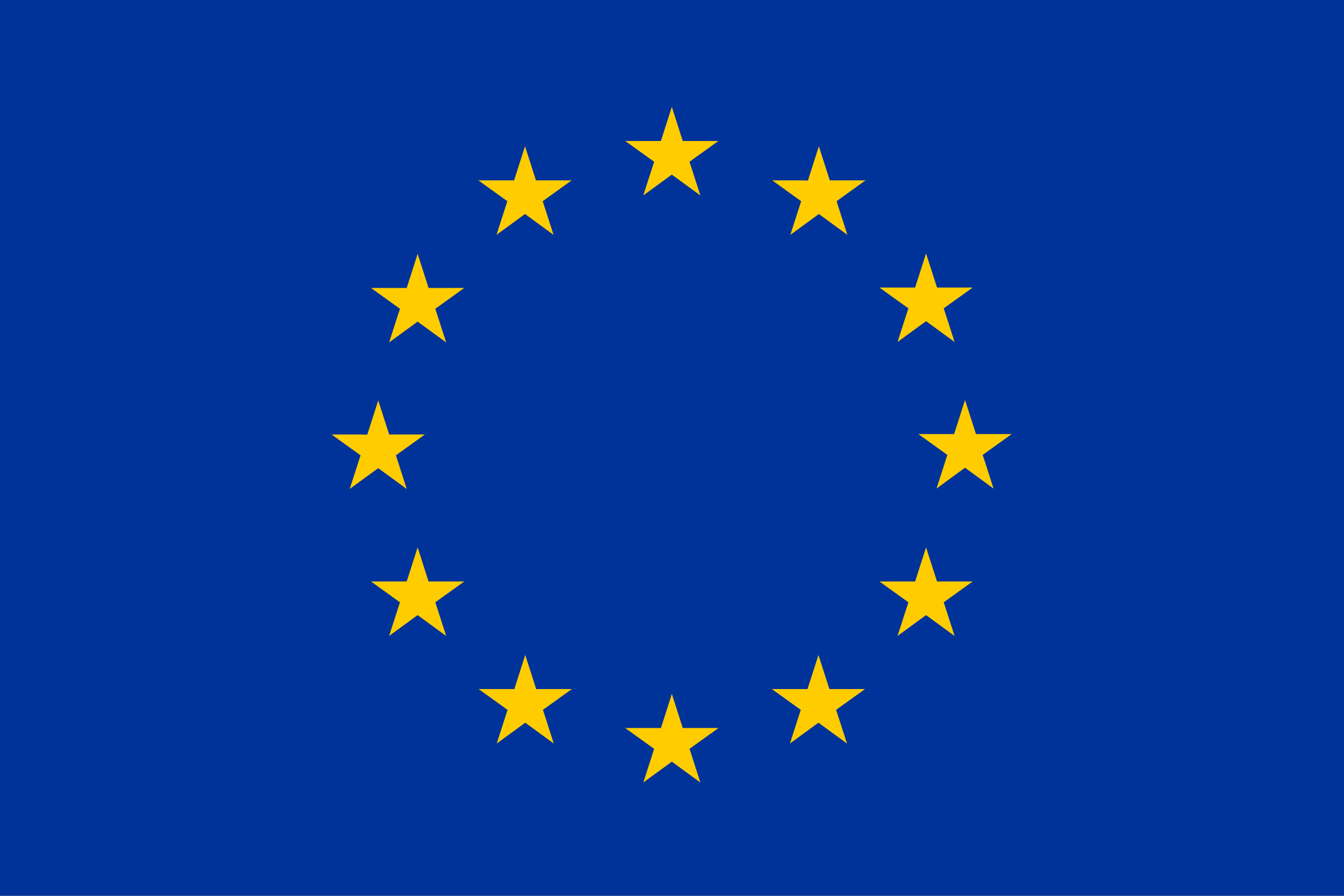
Funded by the H2020-SwafS-programme of the European Union (2014-2020)
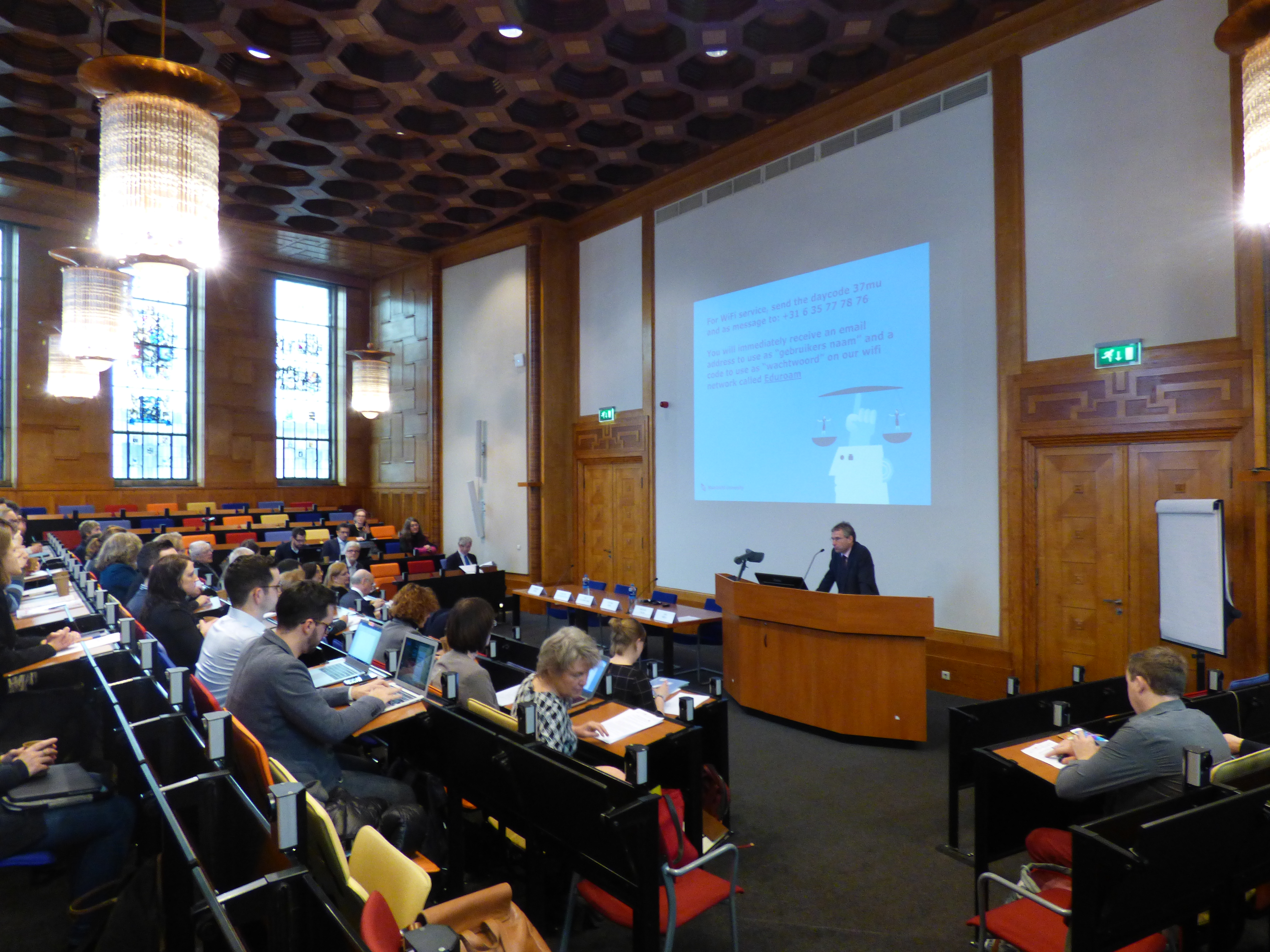
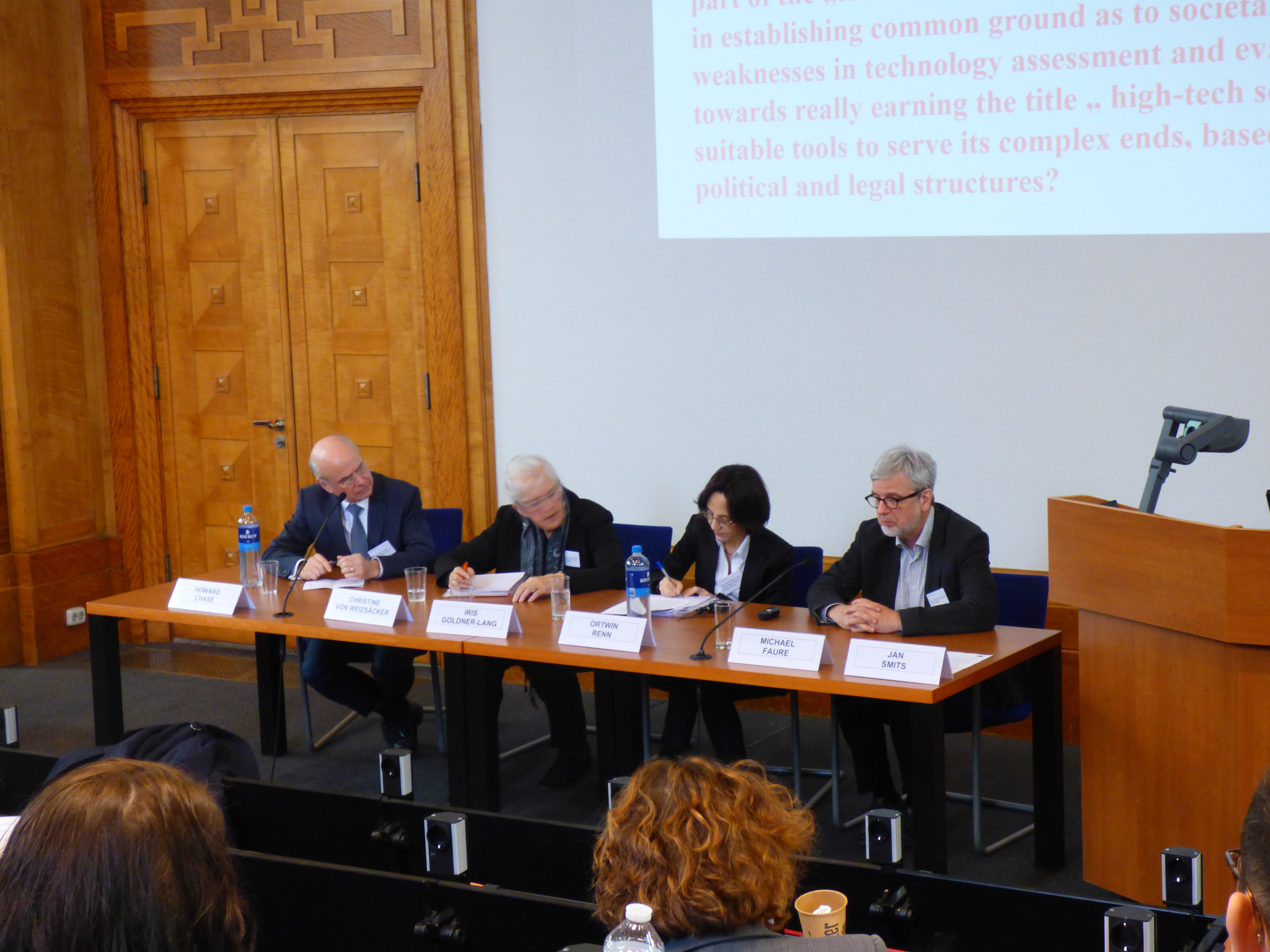
Also read
-
15 Sep 17 Dec12:00
TEGL CONFERENCE
The Globalization and Law Network invites you to the TEGL Annual Conference. The conference is aimed at scholars, practitioners, and experts wanting to contribute to an engaging exploration of the intricate relationship between law and uncertainty. In an era marked by unprecedented global challenges...
-
25 Sep 27 Sep
The Right to Social Security: a new dawn!
The Conference "The Right to Social Security: a new dawn!" brings together the MoveS seminar on EU Fundamental Rights for cross-border workers, Prof. Vonk's inaugural lecture, and the annual EISS conference on Contemporary Challenges for the Fundamental Right of Social Security.
-
26 Sep 27 Sep00:00
ITEM/TEIN Conference
This 2-day Conference co-organised by the Institute for Transnational and Euregional cross-border cooperation and Mobility (ITEM) as well as the Transfrontier Euro-Institut Network (TEIN) and supported by the Borders in Globalization-21st century project, addresses the practical challenges and...